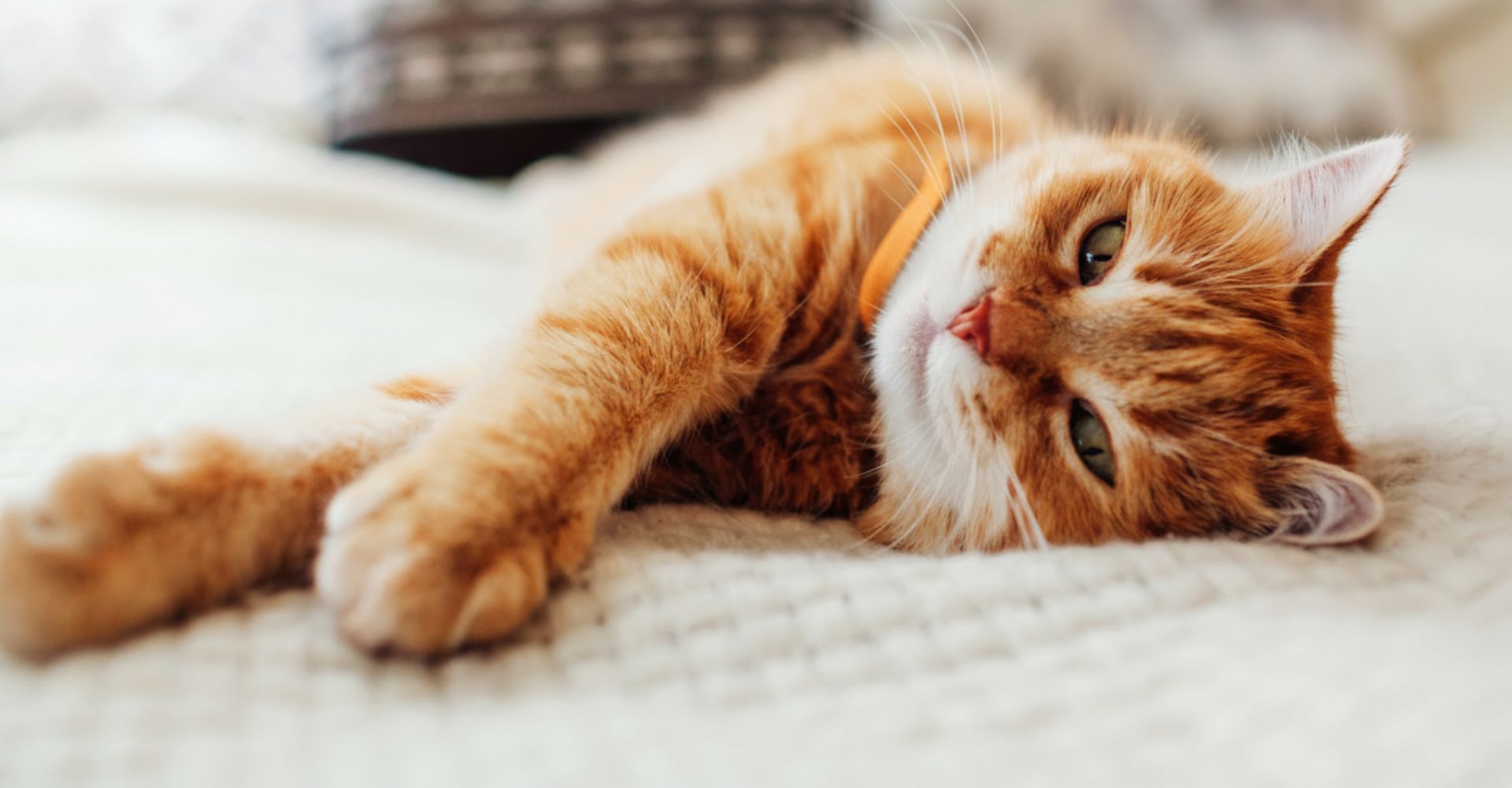One minute they’re chasing geckos, the next they’re off their food, and you’re Googling things like “cat home remedies.” That’s why every pet parent needs to be clued-up on viruses like the Feline Immunodeficiency Virus.
To help us understand FIV in cats, our Vet of the Month, Dr. Roselle Hartwigsen, co-owner at AnimalQi Veterinary Clinic (where their focus is on holistic, compassionate treatment for pets, combining advanced diagnostics and conventional medicine with complementary approaches such as acupuncture, food therapy, and herbal medicine), gives us the inside scoop on what FIV really means and why insurance for your cat is so important.
What Is FIV in Cats?
“FIV is a viral infection in cats that’s similar in many ways to HIV in humans, although it’s species-specific and cannot spread to people or other animals. It’s a slow-acting virus that affects a cat’s immune system, making it harder for them to fight off infections.” But here’s the key thing: it’s not a death sentence.
How Do Cats Get FIV?
“FIV is most commonly transmitted through bite wounds from an infected cat, which is why it’s more often seen in unneutered males who roam outdoors and may get into territorial fights. It can also be passed from a mother cat to her kittens, although this is less common. Normal social interactions like grooming or sharing food bowls are not typical ways the virus spreads.” says Dr. Roselle. So, no need to separate besties over breakfast.
Symptoms of FIV in Cats
“FIV can be tricky because some cats show no signs for years, but over time the weakened immune system can lead to recurring or chronic health problems,” says Dr. Roselle. But eventually, you might spot things like:
- Recurrent gum or mouth infections
- Skin problems
- Chronic sniffles or respiratory infections
- Weight loss or a dull coat
- Swollen lymph nodes or general lethargy.
Basically, if your cat’s acting off, eating less, sleeping more, or not bossing you around as usual, it’s worth a vet check.
We asked Dr. Roselle how Vets Diagnose FIV and treat it
Diagnosis starts with a simple blood test that checks for FIV antibodies. “We usually do a quick ELISA test in-clinic,” explains Dr. Roselle. “If it’s positive, we’ll confirm with a lab test to be sure.” There’s no cure for FIV, but that doesn’t mean your cat can’t thrive. “Treatment is about keeping the immune system strong and preventing secondary infections,” she says. That means:
- A balanced, high-quality diet
- Regular vet visits
- Dental care and parasite prevention
- Quick treatment for any infections
“For some cats, supportive therapies like acupuncture or herbal medicine can also improve wellbeing, especially when stress is a factor. In some cases, we can use anti-retroviral medications to help keep the virus at bay and reduce the viral load, which may improve a cat’s overall health and slow disease progression,” added Dr. Roselle. “We want them to live well, not just longer.”
Prevention: How to Keep Your Cat FIV-Free
Dr. Roselle says, “Prevention is about protecting quality of life. A little precaution now can mean many healthy, happy years together.”
- Neuter to reduce the urge to fight and roam.
- Keep cats indoors or in enclosed gardens.
- Test new cats before introducing them to the clan.
- While no FIV vaccine is currently available in South Africa, early testing and regular care go a long way.
Final Word from Dr. Roselle
“With love, proper care, and regular vet visits, FIV-positive cats can live long, joyful lives. Reducing stress, supporting their immune system, and addressing health issues early are key. Having pet insurance from the start can make a huge difference. Because sometimes those ‘quick checkups’ become surprise bloodwork and ultrasounds.”
And if your cat’s health journey ever feels a bit daunting, remember, support (and cover) are just a click away at dotsure.co.za.
The Low-Down on FIV
- FIV weakens their immunity, but it’s manageable.
- Keep cats indoors and neutered.
- Regular vet checks are a must.
- Support their diet, reduce stress.
- Insurance for your cat helps you focus on care, not costs.
- Contact us to get a quote in minutes.



